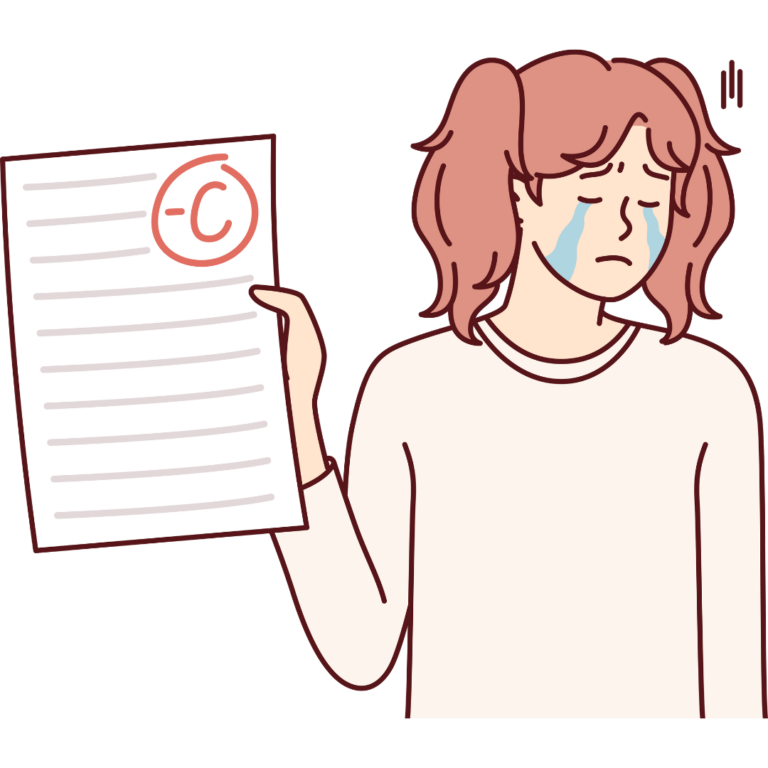Oftentimes, teenagers set high academic standards for themselves and struggle when they fail to meet said standards. This is especially common among participants in the gifted program and teens taking AP and IB classes. Students like these often hold themselves to a high standard as these higher level classes can provide them with a higher class rank, a college credit, and a higher GPA.
Additionally parental expectations can also contribute to the pressure students feel and their self-set high standards as well. Parents push their children to succeed and often do so by placing high expectations regarding their child’s academic achievement. Although this is not inherently bad, it may cause significant stress for the child when they do not meet up to these or their own standards.
Having high self-set standards can be beneficial as it motivates teens to achieve rewarding goals, but how should they cope when they do not meet these standards?
First off it’s important to address that students should begin with setting realistic goals for their academics, so they are actually achievable. If a student’s expectations are ridiculously high and they are always falling short, then their self-confidence will take a hit and eventually worsen. So academic goals should be set based on their skill level and past performance in relation to how much they want to improve. If their self-confidence regarding academics diminishes they are much more prone to giving up on academics and doing the bare minimum.
Moving forward, despite setting realistic goals academic underachievement is not always avoidable. There will always be a class that a student feels stuck or challenged in. Here is what to do when this happens:
If you achieved a lower score than expected on a project, exam, or final grade you should allow yourself to feel the feelings associated with that score. Repressing them and overwhelming yourself with negative thoughts can take a toll on your attitude towards learning and make you more prone to doing the bare minimum within the class. Take deep breaths and remember this score does not define you or your intelligence, but rather it reflects the amount of effort put in to study for the test.
After you have processed the feelings regarding your score, think back to how you prepared for the exam you had trouble with. Briefly reflect on what parts of the subject you might have left out of studying to determine whether you need specifics and foundational review or content and concept review (Smith 2023). Then compare these knowledge gaps to the grade you received and evaluate how the grade reflects it. Did you practice active learning and encode the information? Or did you utilize passive learning? Identifying these things could help ease the anxiety regarding the grade and any negative thoughts regarding your intelligence level.
It canalso shift the blame of the grade from personal intelligence to level of preparation and ease the anxiety regarding it. This reflection could also be the start of brainstorming and implementing a better study routine for the class.
One last thing you could do is make sure that you are not experiencing any cognitive distortions regarding the severity of the test grade, project grade, or final grade. Again remember that this grade does not define you. You could be magnifying the effect of this underachievement, or catastrophizing about how this will impact your life or school record. Identify the distortions you may have, ground yourself in reality, and move forward.
References:
Aid, Therapist. “Cognitive Distortions (Worksheet) | Therapist Aid.” Therapist Aid, 2012, www.therapistaid.com/therapy-worksheet/cognitive-distortions.
Smith, Brock. “Bounce Back from a Bad Grade: How to Turn Failure into Triumph.” ACTC, 23 Apr. 2024, ashland.kctcs.edu/blog/posts/041923-bad-grade.aspx.
Written By: Carmela Gonzalez, Mental H2O Youth Resource Writer


